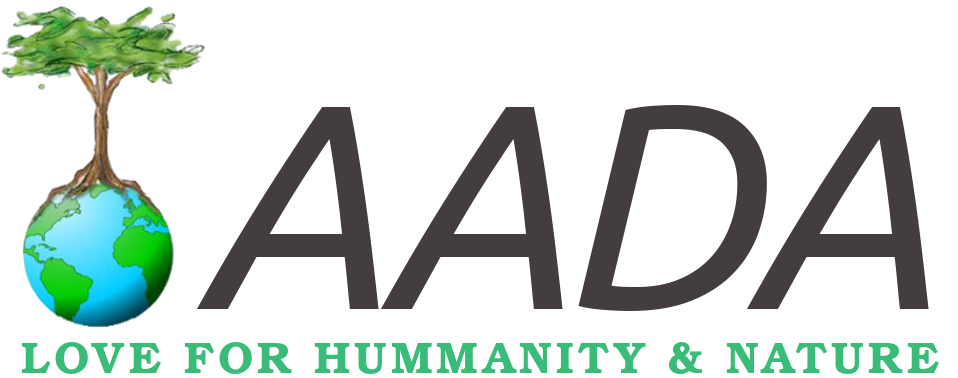Protection of Mangrove and coastal forest
Reduction of carbon emission; improved health-conditions; increase of income in Limbe as well as in other coastal communities in Cameroon, processing/ drying the fresh fish from the sea is an important industry. Dry fish can be traded in all parts of Cameroon and is an important ingredient for many Cameroonian dishes. Traditionally, the fish is smoked on long ovens inside of smoking huts. The process takes around 3 days and involves a lot of work as the fish has to be arranged carefully and turned periodically. Rubber wood and Mangrove wood is fired on with rubber and petrol to get the drying process started.
AADA has now found a way to make the fish drying process healthier and more sustainable but without losing the high level of quality with the technology of a solar tunnel dryer. This kind of dryer was developed at the Hohenheim University in Germany and is used to dry various things (such as clothes , spices, fruit, plantains, fish) throughout the world. The technology is simple but convincing:
The construction is a tunnel out of metal, wood and foil on six legs and a triangular, transparent roof. The sides are closed with mesh that allows fresh air, but no insects to enter and to leave the tunnel. The bottom of the tunnel is divided into a black half that functions as a solar heat collector and a drying area for the fish. A fan, powered by a
photovoltaic panel, ensures a constant air flow of the heated air across and around the fish and out of the tunnel on the other side. This method of drying the fish has many advantages over the traditional smoking process:
- The only supplier of heat and power is the sun, so this practice is sustainable and environmentally friendly, as it allows the endangered coastal Mangrove to recover.
- The product is much healthier, because it won’t be contaminated with unhealthy carbon-dioxides and particles Petrol, Kerosene, rubber from the fuel. With the drying process taking place in the insect-clear tunnel dryer without interruption, there is a smaller risk of moulding or contamination with microorganisms (fungi, insect larvae, etc.) Furthermore, the constant distribution of the hot air will ensure fairly constant temperatures and even processing of all fish (no losses due to burning). The product is left with less moisture and a much longer shelf life than smoked fish.
- The whole process is shorter (<2 days) and involves less human activity. The workers drying the fish as well as their families and people neighboring the drying area will no longer be exposed to the unhealthy smoke.
- The processing is cheaper, because there is no need to buy firewood and fuel. More importantly however, is the fact that the fish could be exported and thus bring in much more income. The smoked fish has been banned from the world market because of the health risks involved in its consumption.
After a seminar in Bimbia, Limbe III, on October 7th 2010, where all the different aspects of fish smoking and the advantages of the solar tunnel dryer were presented to representatives of 17 different communities experienced in fish smoking, the attendants are aware of the improvements, the new technology might bring and want to see it operating now.
The first dryers will be built in Bimbia alongside with an improved smoking oven to facilitate a smooth transfer of technique for the smokers and a workshop be held on how to use the new constructions in the coming months. Sensitization seminars and the implementations of dryers in other communities along the coast are planned to run parallely. The project is run in collaboration with the Limbe III Council, IRAD Batoke and will be financed by PECTIN Cameroon.





